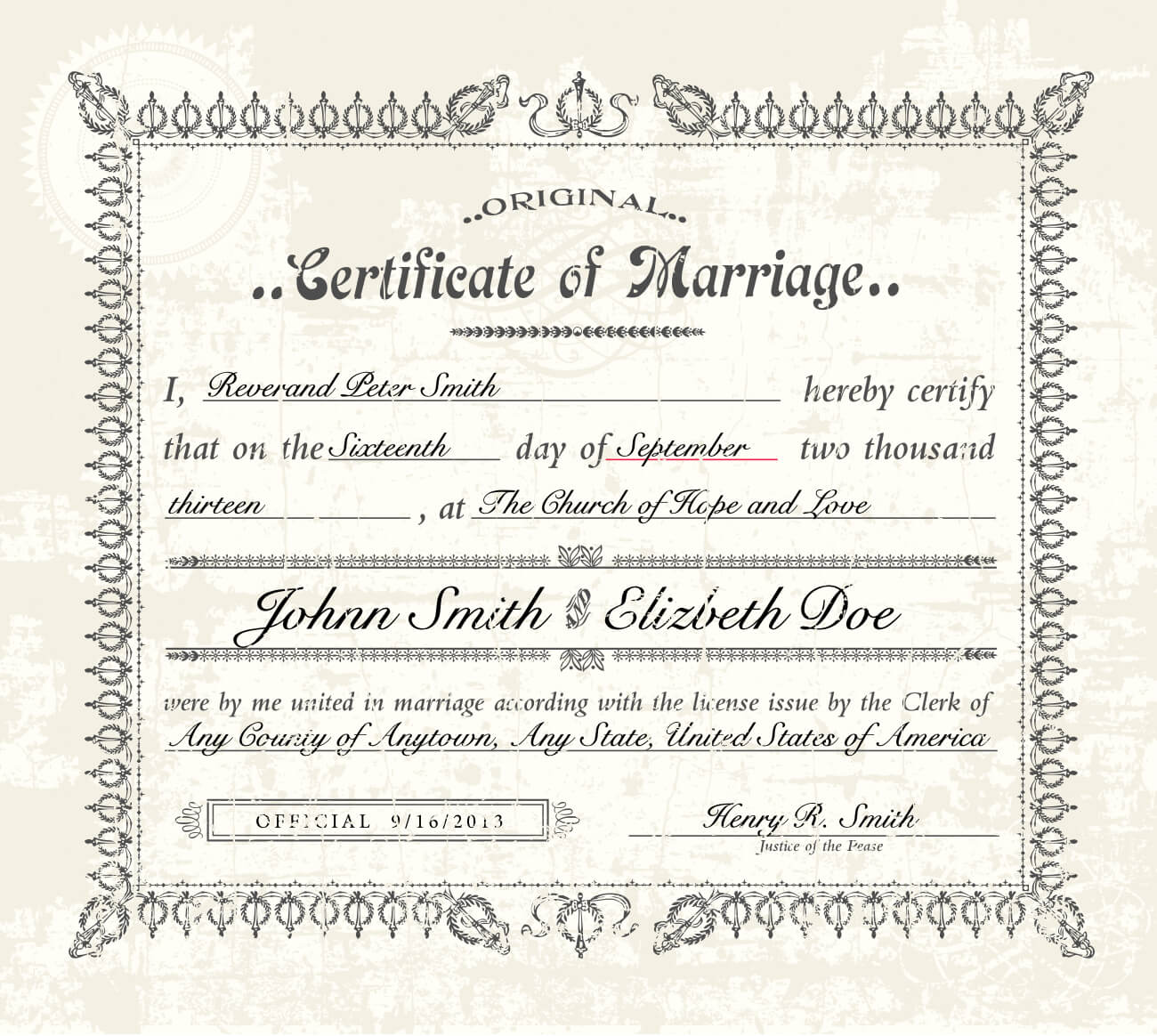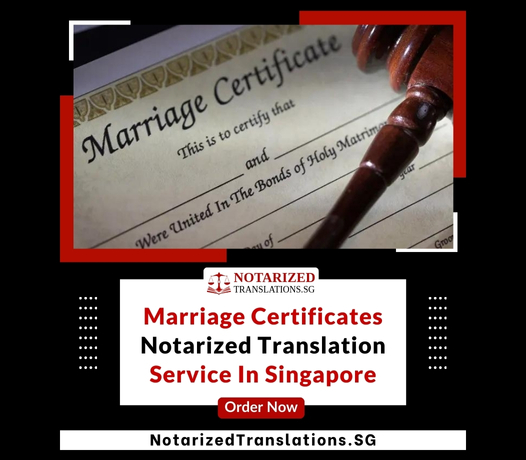html Marriage Certificate Invalid? What You MUST Know Marriage Certificate Invalid? What You NEED to Know NOW! Your marriage certificate is a crucial legal document, symbolizing the foundation of your union. But what happens if it's deemed invalid? This can lead to complex legal and emotional challenges. This article explores the common reasons why a marriage certificate might be invalidated, the consequences, and the steps you can take to protect your marriage and your rights. Understanding these issues is critical for any married couple, regardless of where they live or how long they have been married. Common Reasons a Marriage Certificate Might Be Invalid Several factors can render a marriage certificate invalid. These reasons often stem from errors in the process or legal impediments to the marriage itself. Here's a breakdown of the most prevalent issues: 1. Legal Impediments to Marriage Certain legal restrictions can automatically invalidate a marriage. These are usually fundamental requirements that must be met for the marriage to be considered valid. Examples include: Bigamy: If either party is already legally married to someone else, the subsequent marriage is void. This is a serious offense in most jurisdictions. Incest: Marriages between close relatives (e.g., siblings, parent-child) are illegal and invalid. The specific degree of relation prohibited varies by jurisdiction. Age Restrictions: Marrying someone under the legal age without proper consent (e.g., parental consent) might render the marriage invalid. The age of consent varies, so it's important to check your local laws. [Link to a government website with marriage laws in your area] 2. Procedural Errors During the Marriage Ceremony Errors during the official marriage ceremony can also lead to invalidation. These usually involve non-compliance with local laws or regulations. Common examples include: Improper Licensing: Failing to obtain a valid marriage license before the ceremony. This is a critical first step. Invalid Ceremony: Having the ceremony performed by someone not authorized to do so. This could be a person who is not a registered officiant or who is not authorized under local law. Lack of Witnesses: Not having the required witnesses present at the ceremony, if this is a legal requirement in your jurisdiction. Fraudulent Documentation: Providing false information on the marriage license application, or intentionally misrepresenting one's identity. 3. Issues Regarding Consent and Capacity For a marriage to be valid, both parties must freely consent to the union. Several issues can undermine this requirement, including: Duress: If either party was forced or coerced into the marriage, it can be invalidated. This is often proven through evidence of threats or intimidation. Fraud: If one party intentionally deceived the other about a crucial aspect of the marriage (e.g., their identity, financial status, or intentions regarding children), the marriage may be annulled. Lack of Mental Capacity: If either party lacked the mental capacity to understand the nature of the marriage contract at the time of the ceremony (e.g., due to mental illness, intoxication, or cognitive impairment), the marriage can be deemed invalid. The Legal and Emotional Consequences of an Invalid Marriage The repercussions of an invalid marriage can be significant, impacting both your legal standing and your emotional well-being. Understanding these consequences is crucial for navigating the situation. Lack of Legal Rights: Without a valid marriage, you may not be entitled to the legal rights and protections afforded to married couples. This includes rights related to property division, inheritance, spousal support (alimony), and access to benefits like health insurance. Difficulty with Children: Determining the legal status of children born during an invalid marriage can be complex. Paternity and custody issues may need to be established through separate legal proceedings. Criminal Charges: In cases of bigamy or fraudulent marriages, criminal charges may be filed. Emotional Distress: Discovering your marriage is invalid can be emotionally devastating. It can lead to feelings of betrayal, confusion, anger, and grief. Seeking professional counseling can be helpful in navigating these difficult emotions. [Link to a reputable counseling service website] What to Do if You Suspect Your Marriage Certificate is Invalid If you have concerns about the validity of your marriage certificate, taking prompt action is crucial. Here's a step-by-step guide: Gather Documentation: Collect all relevant documents, including your marriage certificate, marriage license application, and any other paperwork related to your marriage. Consult with an Attorney: Seek legal advice from a qualified family law attorney in your jurisdiction. They can assess the validity of your marriage based on the specific circumstances and advise you on the best course of action. This is the MOST important step. [Link to the website of a bar association in your country/region] Investigate the Cause: If possible, try to determine the reason for the potential invalidity. This might involve gathering information about the ceremony, the officiant, or the circumstances surrounding your marriage. Consider Annulment or Divorce: Depending on the situation, you may need to pursue an annulment (if the marriage is deemed void from the beginning) or a divorce (if the marriage is valid but you wish to end it). An attorney can help you understand the legal requirements for each. Protect Your Interests: Your attorney will advise you on how to protect your legal and financial interests during the process. This may involve negotiating a settlement, filing for temporary orders, or pursuing other legal remedies. Conclusion: Securing Your Future Having a valid marriage certificate is essential. This article has highlighted the common reasons for invalidation, the potential consequences, and the crucial steps you should take if you suspect a problem. By understanding the legal requirements and seeking professional legal advice, you can protect your rights and navigate the complexities of this situation. Don't delay in addressing any concerns; early action can prevent more significant problems down the road. Remember, the stability of your future often hinges on the validity of your marriage, and seeking expert counsel is the best way to ensure that foundation is solid. Disclaimer: This article provides general information and should not be considered legal advice. Consult with a qualified attorney in your jurisdiction for advice on your specific situation.
Your Marriage Certificate Is Invalid? What You Need To Know Now!
```html Marriage Certificate Invalid? What You MUST Know Marriage Certificate Invalid? What You NEED to Know NOW! Your marriage certificate is a crucial legal document,...




